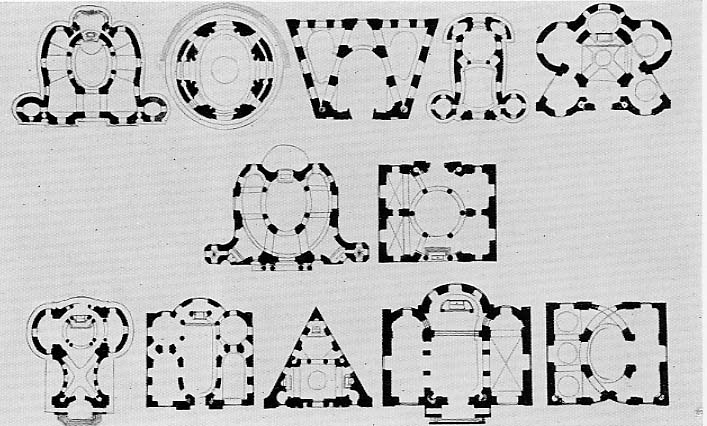An effle is a grammatical English sentence that no one would ever say — they tend to turn up in textbooks for students learning English as a foreign language:
The farmer kills the duckling.
This is a pencil. This is a boy. Peter is a boy. Peter is not a pencil.
A hat is not food.
A man has a dog.
Is this my finger or your finger?
A tailor sews with a needle.
He’s not very good so I can’t marry him.
One praises a pupil when he works hard.
You can’t go to a restaurant if you don’t have money.
Shall I leave without paying?
These are the people’s lunches.
Ouch! O, foolish bee!
Struck by these absurdities while trying to learn English from a textbook in 1950, Eugene Ionesco wrote a play, The Bald Prima Donna, with the same inane tone:
MARY: I am the maid. I have just spent a very pleasant afternoon. I went to the pictures with a man and saw a film with some women. When we came out of the cinema we went and drank some brandy and some milk, and afterwards we read the newspaper.
MRS. SMITH: I hope you spent a pleasant afternoon. I hope you went to the pictures with a man and drank some brandy and some milk.
Mr. SMITH: And the newspaper.
MARY: Your guests, Mr. and Mrs. Martin, are waiting at the door. They were waiting for me. They were afraid to come in on their own. They were meant to be dining with you this evening.
In his 1973 book The Language Laboratory and Language Learning, linguist Julian Dakin recalls a school textbook for foreign learners in which two children are continually asking one another their names. In Lesson 6 it turns out they’re brother and sister.
See Can You Do Without Soap?








